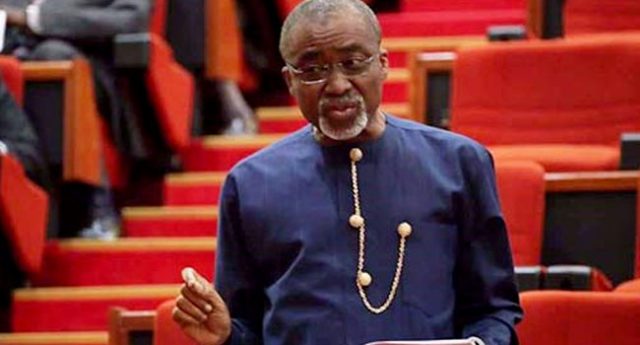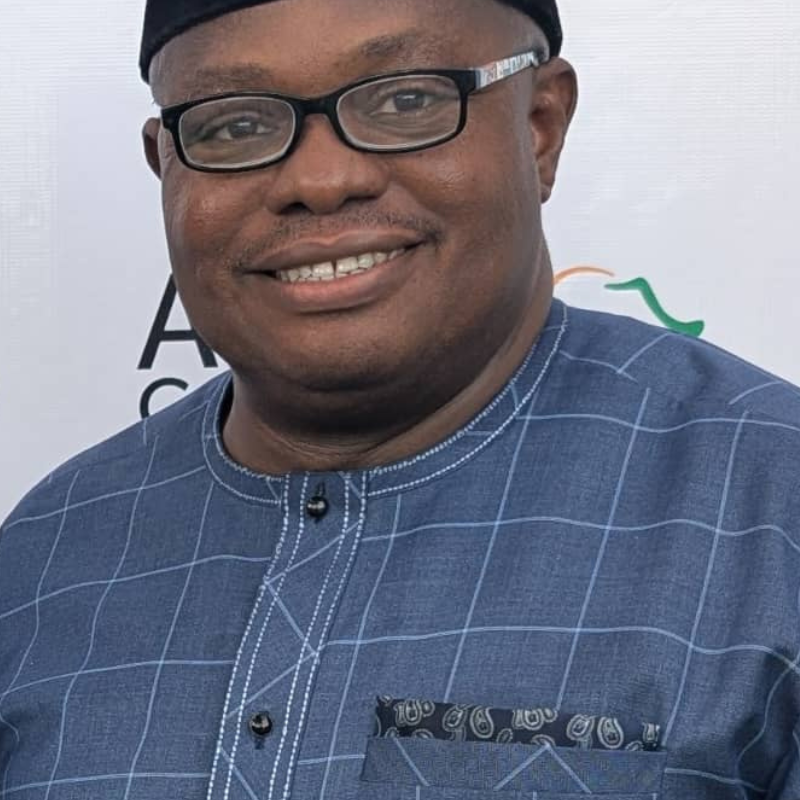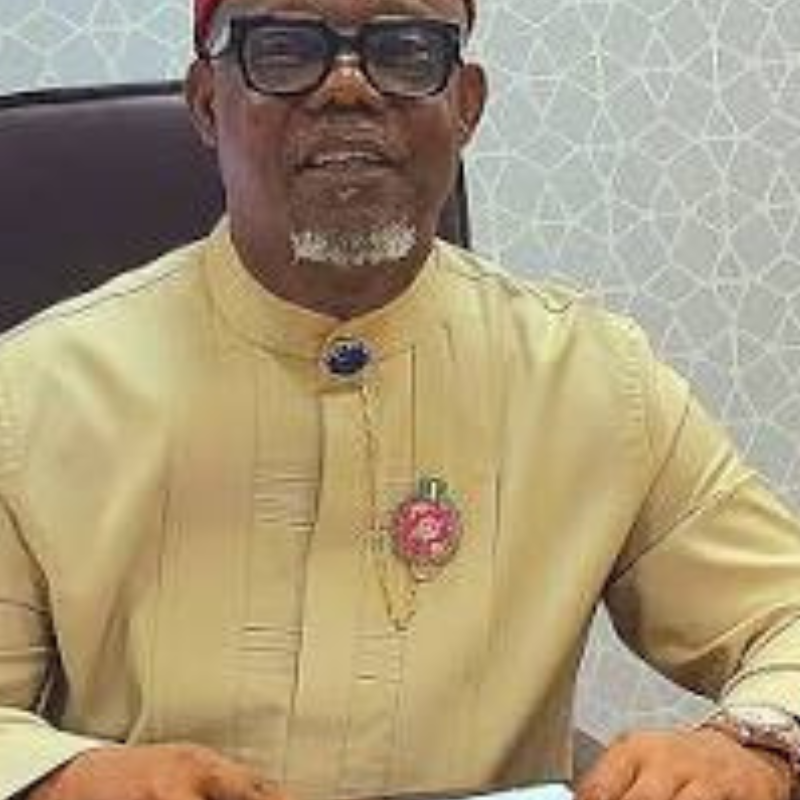The proposed legislation seeks to address a wide range of issues that have emerged since the enactment of the 2023 Electricity Act.

The senate has commenced legislative action to amend the Electricity Act, 2023, with the aim of addressing persistent challenges in the power sector, including infrastructure vandalism, policy inconsistencies, financial instability, and regulatory bottlenecks.
The amendment bill titled Electricity Act (Amendment) Bill, 2025 was sponsored by Sen. Enyinnaya Abaribe (APGA, Abia South). It scaled second reading on the senate floor following its first reading on 25 June 2025.
If passed into law, the bill is expected to criminalise the vandalism of critical electricity infrastructure, clarify the ongoing transfer of regulatory powers from the Nigerian Electricity Regulatory Commission (NERC) to state governments, and strengthen coordination between federal and state electricity institutions.
Context behind the amendment
The bill’s introduction comes amid growing concerns over the dismal state of Nigeria’s power sector. The 10th senate had earlier mandated its committee on power to conduct a diagnostic investigation into the sector’s worsening performance, an effort spurred by multiple motions from concerned lawmakers.
Leading debate on the bill, during Wednesday’s plenary, Sen. Abaribe described the power sector as “hanging on a cliff,” plagued by operational inefficiencies, trillions of naira in unpaid debts, and systemic regulatory confusion.
“With pervasive constraints across the power value chain and a debt crisis that threatens the sector’s survival, this bill represents a crucial step in rescuing Nigeria’s power infrastructure from collapse,” he said.
READ ALSO: Electricity tariff hikes and heightened senate silence
Key objectives of the amendment
The proposed legislation seeks to address a wide range of issues that have emerged since the enactment of the 2023 Electricity Act. Among its objectives are the following:
- Criminalisation of infrastructure vandalism: The bill proposes strong penalties against those who sabotage electricity facilities, which has become a recurring threat to national energy security.
- Clarification of transitional provisions: It seeks to provide legal clarity on the transfer of intrastate electricity regulation from NERC to state governments, especially regarding the national grid and overlapping regulatory responsibilities.
- Enhanced regulatory coordination: The bill aims to improve alignment between national and subnational institutions to prevent legal ambiguities and jurisdictional disputes.
- Strengthening of financing mechanisms: Recognising the sector’s debt crisis, the amendment proposes reforms to improve funding and address the inadequacy of current financial flows.
- Operationalisation of the Power Consumer Assistance Fund: The bill introduces clearer guidelines on how to implement subsidy mechanisms that prioritise vulnerable groups and essential public services, rather than the current system which has left government with huge subsidy debts.
- Labour relations and industrial harmony: It introduces provisions to ensure balanced industrial relations, taking into account labour rights and the essential nature of power services, in line with domestic and international standards.
- Recognition of host community rights: The bill provides for a sector-wide framework guiding the relationship between electricity companies and host communities, a step towards more inclusive and accountable operations across the value chain.
- Institutional clarity and legal refinement: It addresses ambiguities in the principal Act and proposes statutory recognition of bodies such as the National Electric Power Policy Council and the Forum of Electricity Regulators.
Senators express widespread support
Several senators expressed strong support for the amendment while highlighting specific issues in the current structure of the power sector.
Sen. Adamu Aliero (APC, Kebbi central) criticised the continued federal spending on a privatised power sector, calling for capital punishment for saboteurs of electricity infrastructure. “We have privatised power, yet the federal government continues to bear the financial burden. Vandals of public assets should face the severest penalties,” he said.
Sen. Olamilekan Adeola (APC, Ogun west), chairman of the senate committee on appropriations, commended the president for decentralising electricity generation rights to states. However, he lamented budgetary allocations to the Nigerian Bulk Electricity Trading (NBET) company, which he said remain insufficient to pay GenCos and DisCos. He raised concerns over alleged cases of contractors sabotaging their own installations to reapply for new contracts.
“If this bill blocks such loopholes, we can solve over 50 per cent of Nigeria’s power sector challenges,” Adeola said, cautioning that the bill must also align with executive priorities, given that it is a private member bill.
Sen. Garba Maidoki (APC, Kebbi south) criticised the failure of power companies to comply with senate directives, particularly regarding tariffs. “Even as a senator, I struggle to pay my electricity bills. GENCOs haven’t paid the NNPC for gas in five years, yet they continue to increase rates. The system must be restructured,” he argued.
Sen. Sahabi Yaú (PDP, Zamfara north) highlighted the injustice in communities paying for transformers while DisCos assume ownership and charge users for connection. He defended the need for subsidies, stating, “Power is subsidised globally. Nigeria should not be an exception.”
In defence of the senate
Responding to public perceptions, Senate President Godswill Akpabio stated that senators are committed to legislative service, not personal enrichment.
“People think we are here to make money not knowing we are here to sacrifice for future generations,” he said, before referring the bill to the senate committee on power for further legislative work. The committee is expected to report back within six weeks




